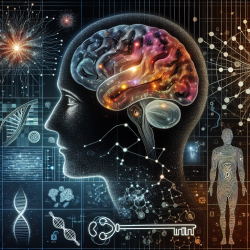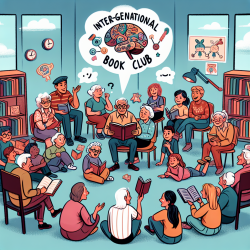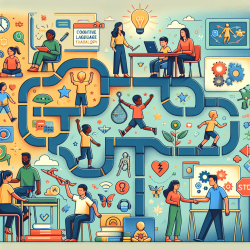The human brain is a complex organ, shaped by both genetic and environmental factors. Recent research has highlighted the role of specific genetic variations in influencing brain structure and cognitive abilities. The study titled "1q21.1 distal copy number variants are associated with cerebral and cognitive alterations in humans" provides valuable insights into how these genetic differences can affect individuals.
Understanding 1q21.1 Distal Copy Number Variants
The 1q21.1 distal region of the genome is known for its low-frequency copy number variants (CNVs), which include both deletions and duplications. These CNVs are linked to several neurodevelopmental disorders such as schizophrenia, autism spectrum disorders, and intellectual disabilities. The study conducted by Sønderby et al. (2021) explores how these CNVs influence brain structure and cognitive function.
Key Findings from the Research
- Cerebral Alterations: The study found that individuals with 1q21.1 distal deletions or duplications exhibit significant changes in brain structure. Specifically, there are positive dosage effects on intracranial volume (ICV) and total cortical surface area, particularly in the frontal and cingulate cortices.
- Cognitive Impacts: The research also identified distinct cognitive deficits among carriers of these CNVs. Deletion carriers showed greater cognitive decline compared to duplication carriers, with potential mediation by ICV or cortical surface area.
- Mediation Analysis: The study suggests that changes in brain structure may mediate the relationship between CNV status and cognitive performance, highlighting the importance of understanding these pathways for therapeutic interventions.
Implications for Practitioners
This research offers valuable insights for practitioners working with individuals affected by neurodevelopmental disorders. By understanding the genetic underpinnings of these conditions, practitioners can tailor their therapeutic approaches to better meet the needs of their clients.
Enhancing Therapeutic Practices
- Personalized Interventions: Knowledge of a patient's CNV status can guide personalized interventions that address specific cognitive deficits associated with these genetic variations.
- Cognitive Rehabilitation: Targeted cognitive rehabilitation programs can be developed to improve areas such as working memory and problem-solving skills, which are often impacted by 1q21.1 CNVs.
- Family Support: Educating families about the genetic factors influencing their loved one's condition can foster a supportive environment that promotes positive outcomes.
The Need for Further Research
The findings from this study underscore the need for continued research into the molecular mechanisms underlying neurodevelopmental disorders. By expanding our understanding of how specific genes influence brain development, we can develop more effective treatments and interventions.
A Call to Action
This research serves as a call to action for practitioners to stay informed about the latest scientific advancements in genetics and neuroscience. By integrating this knowledge into their practice, they can provide more comprehensive care to individuals with neurodevelopmental disorders.










